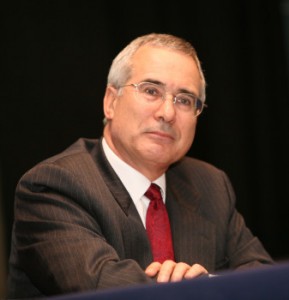 Summary from press release:
Summary from press release:
The HE green paper (Fulfilling our potential: teaching excellence, social mobility and student choice) and the outcome of the Comprehensive Spending Review, both released in November 2015, mentioned that there would be a review UK research funding and the REF as a mechanism for allocating funding. Further information about this review was released on 16 December 2015 in a press release from Jo Johnson, Universities and Science Minister (Government launches review to improve university research funding). The aim of the review is to reduce the burden and cost to universities and government that has become associated with preparing for, and submitting to, the REF, therefore ensuring the government gets the most return for its investment.
The review will be chaired by the President of the British Academy and former World Bank Chief Economist Lord Nicholas Stern. He will be assisted by a high-level steering group of academic experts, including the Vice-Chancellor of Aston University, Professor Julia King, and the Past President of the Academy of Medical Sciences, Professor Sir John Tooke.
Lord Stern commented: “Research assessment should not unwittingly introduce incentives for perverse behaviour, nor should it be overly burdensome. Excellence, properly defined, must remain the central basis for allocating support and funding for research. We will explore ways in which a simpler, lighter-touch, system for the REF might be developed.”
 The review aims to:
The review aims to:
1. Investigate different approaches to the evaluation of UK higher education research performance which can encourage and strengthen the emphasis on delivering excellent research and impact, while simplifying and reducing the administrative burden on the HE sector.
2. Draw on the evidence from the evaluation of REF2014 and consider other models of research performance assessment, which could provide robust means of informing future research funding allocations.
3. Provide options for future iterations of the REF focusing on a simpler, lighter-touch method of research assessment, that more effectively uses data and metrics while retaining the benefits of peer review. The review should ensure that a future process identifies and supports excellent research across the UK, including dynamic changes in research quality and emerging areas of research excellence, retains the frequency of approach of the current REF arrangements (at 5-6 year cycle) and secures the confidence of the HE/academic sector.
The full terms of reference for the review, including membership of the steering group, are available here: REF review terms of reference.
The outcome is due to be delivered in summer 2016.
Comments from the sector:
 Unsurprisingly many of the criticisms of the review have focused on the membership of the nine-member steering committee which includes seven academics and vice-chancellors from UK universities, all but one from members of the Russell Group. There are also no representatives from Wales, Northern Ireland or the funding councils and only one university in Scotland. Lord Stern defended the committee membership, saying he had looked for panel members from a “range of subjects” and for “people who are outstanding”. “Outstanding people are necessary to recognise excellence,” he said. “They are of the highest intellectual quality” and had experience in “running things”. The panel was not meant to be “a parliament of universities”, he said, but added that “we want to hear from everybody” about the future of the REF.
Unsurprisingly many of the criticisms of the review have focused on the membership of the nine-member steering committee which includes seven academics and vice-chancellors from UK universities, all but one from members of the Russell Group. There are also no representatives from Wales, Northern Ireland or the funding councils and only one university in Scotland. Lord Stern defended the committee membership, saying he had looked for panel members from a “range of subjects” and for “people who are outstanding”. “Outstanding people are necessary to recognise excellence,” he said. “They are of the highest intellectual quality” and had experience in “running things”. The panel was not meant to be “a parliament of universities”, he said, but added that “we want to hear from everybody” about the future of the REF.
There have also been murmurings that the REF already offers a good return on investment, with costs estimated to only be 2.4% of the total funds its results will inform. If this is the case then is it even posible or desirable to reduce costs further?
The THE labelled Lord Stern as a ‘REF sceptic’, quoting a joint letter he wrote with Sir Paul Nurse in which he asked: “Have criteria of quality become too narrow and formulaic in some subjects? Are researchers feeling pressured to adopt short-term horizons and a narrow focus, and chasing publication rather than following their own judgements on which are the most fruitful avenues for research and most likely to yield major outcomes?” He also questioned whether the impact element of the REF was “insufficiently deep and broad”. The letter added: “is the REF incentivisation of universities to hire stars in the closing months, like an imminent transfer deadline in the Premier League, really a way to build a long-term scholarly department?”.
The suggestion of a more metrics-based approach is concerning, especially taking into account the recommendations in the Metric Tide report (July 2015) that concluded that metrics are not yet sufficiently robust to replace peer review or to be relied upon any more than they were in REF 2014.
Lord Stern defended the review, saying there was no “foregone conclusion” about the results, despite the HE green paper and CSR presuming it would lead to changes to the REF system. Dr Wendy Piatt, Director General of the Russell Group said that the Russell Group was supportive of the review but would be concerned if it resulted in any dilution of the REF’s rigour and international reputation.
Further reading:
THE – Lord Stern review: no ‘foregone conclusions’ about future of REF, 22 December 2015
THE – REF sceptic to lead review into research assessment, 16 December 2015
Russell Group – Stern review of research funding, 16 December 2015
Times – Prove research is useful or lose funds, universities are told, 16 December 2015
University Alliance – University Alliance responds to the announcement of Stern Review of university research funding, 16 December 2015
 Join us at our next RKEO coffee morning which will be taking place on Wednesday, 13th January. Members of the RKEO will be in the Retreat, Talbot Campus from 9.30 to 10.30am.
Join us at our next RKEO coffee morning which will be taking place on Wednesday, 13th January. Members of the RKEO will be in the Retreat, Talbot Campus from 9.30 to 10.30am.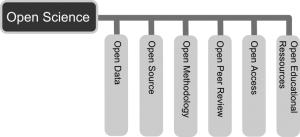
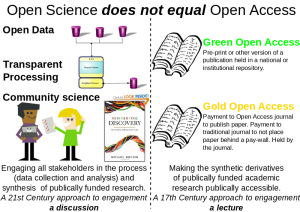



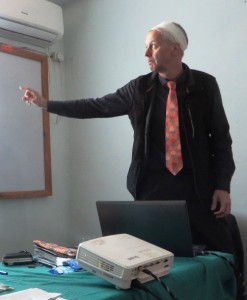
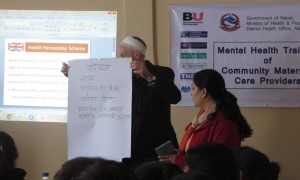

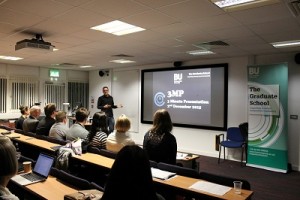







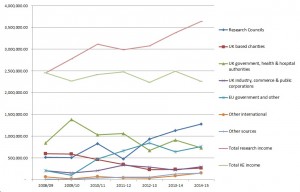
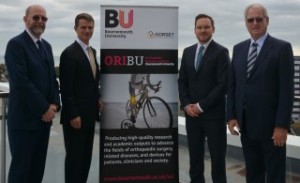
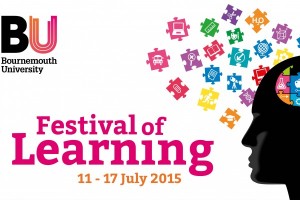
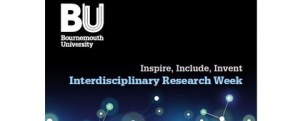
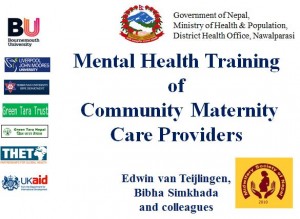
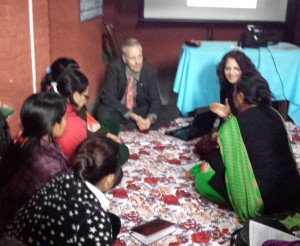

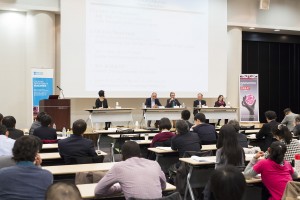
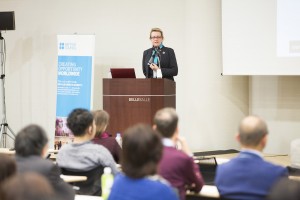


 u to consider attending if you do have. It doesn’t matter whether you have a research track record or not. We want anyone who thinks they might have something to contribute (and even those who think they don’t), and who is available all day on 26 January and during the morning of 27 January to come along.
u to consider attending if you do have. It doesn’t matter whether you have a research track record or not. We want anyone who thinks they might have something to contribute (and even those who think they don’t), and who is available all day on 26 January and during the morning of 27 January to come along.











 REF Code of Practice consultation is open!
REF Code of Practice consultation is open! BU Leads AI-Driven Work Package in EU Horizon SUSHEAS Project
BU Leads AI-Driven Work Package in EU Horizon SUSHEAS Project Evidence Synthesis Centre open at Kathmandu University
Evidence Synthesis Centre open at Kathmandu University Expand Your Impact: Collaboration and Networking Workshops for Researchers
Expand Your Impact: Collaboration and Networking Workshops for Researchers ECR Funding Open Call: Research Culture & Community Grant – Apply now
ECR Funding Open Call: Research Culture & Community Grant – Apply now ECR Funding Open Call: Research Culture & Community Grant – Application Deadline Friday 12 December
ECR Funding Open Call: Research Culture & Community Grant – Application Deadline Friday 12 December MSCA Postdoctoral Fellowships 2025 Call
MSCA Postdoctoral Fellowships 2025 Call ERC Advanced Grant 2025 Webinar
ERC Advanced Grant 2025 Webinar Update on UKRO services
Update on UKRO services European research project exploring use of ‘virtual twins’ to better manage metabolic associated fatty liver disease
European research project exploring use of ‘virtual twins’ to better manage metabolic associated fatty liver disease